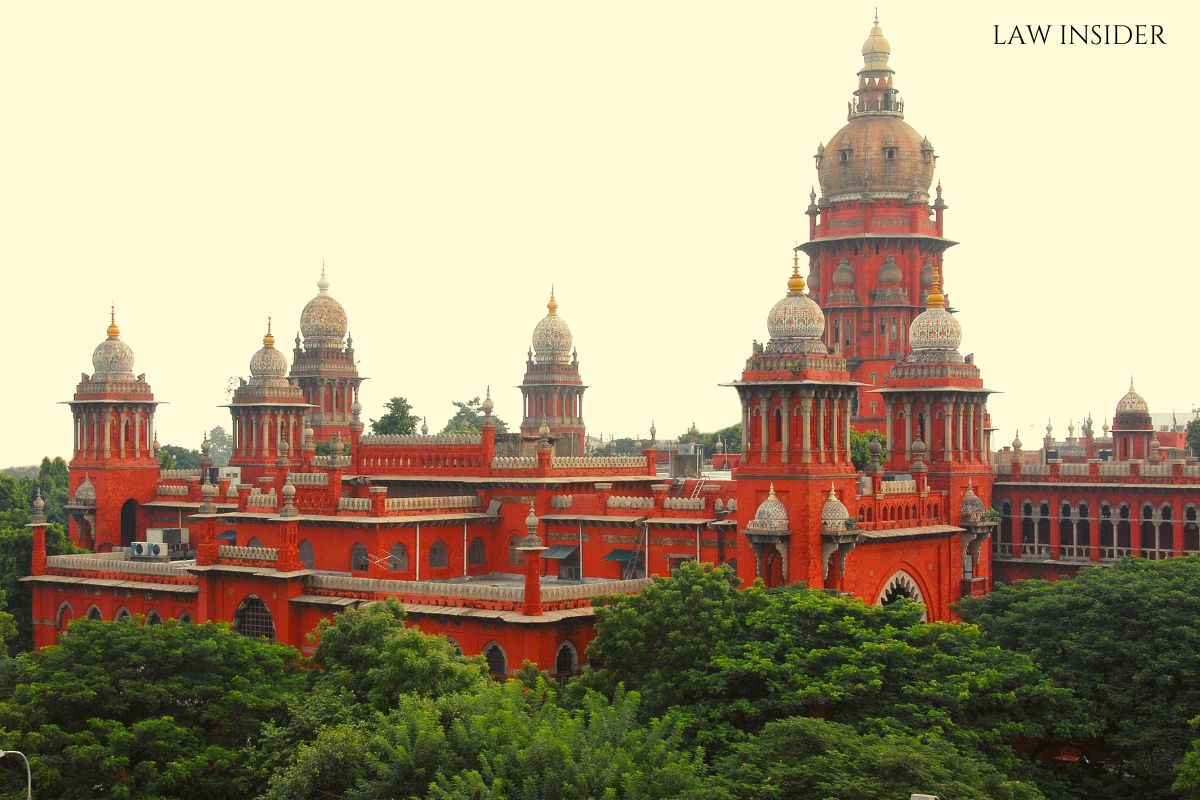Priya Gour
Published on: 7 August 2022 at 19:12 IST
The Madras High Court, bench of Justice N. Sathish Kumar recently emphasised on the need of judicious use of Section 156(3) of CrPC by the Magistrates. {when a Magistrate receives a complaint, he is not bound to take cognizance if the facts alleged in the complaint, disclose the commission of an offence.}
Magistrates should resist from giving routine directions and focus on the allegations, verifying the truth before ordering Investigation.
Allegations of trespass and theft were made against a person on an advocate’s property. A part of the property was within the Kaligambal Temple where he had kept his utensils. The accused/petitioner herein had trespassed into that property, removed those utensil.
Following a complaint, when the police took no action, he moved before the court with a petition under Section 156(3) of CrPC. Thus, an FIR was registered against the petitioner.
The petitioner said that property was owned by his mother, obtained through a registered sale deed. All basic payments of the property were in his mother’s name, namely that Water tax, property tax, and electricity service connection. The property was vacated by Mr. Karthick who rented it for his business in July 2021.The electricity service was disconnected.
During an application for restoration of electricity, it came to his knowledge that a similar application has been put by another person. It also came to his knowledge that others tried to enter the property.
And therefore, the complaint is falsely made with an intention to grab the land of the petitioner. Also, Magistrate’s permit for application of Section 156(3) is sheer abuse of law. The respondent advocate was a member and office bearer of that Bar Association.
The Court found that due procedure was not followed by the lower court while seeking reports. And so, the allegations have been made under false motivation. The respondent too failed to prove that he was authorised by the temple authorities to maintain the land and that his wife possessed it since 2016. The certificate presented were not sufficient to be relied upon. The Court quoted:
“The learned Judicial Magistrate, Thiruvottiyur has mechanically passed the said order which suffers from non-application of mind. Further, the said order directing the first respondent police to register F.I.R. against the petitioner is contrary to the law laid down by the Hon’ble Supreme Court in Priyanka Srivastava case (cited supra).”
The Bill’s for electricity and others utilities proved that the property was under the ownership of the accused’s mother. The Court also referred the decision of Priyanka Srivastava and another v. State of Uttar Pradesh and others, where it was emphasised that magistrates must be cautious while issuing orders. This was along with the reference made of the guidelines of apex court in the case of State of Haryana and Others vs. Bhajan Lal and Others for dismissing the complaint.
Resultantly, the Court ordered for quashing the FIR filed against the accused, on ground of false allegations.

